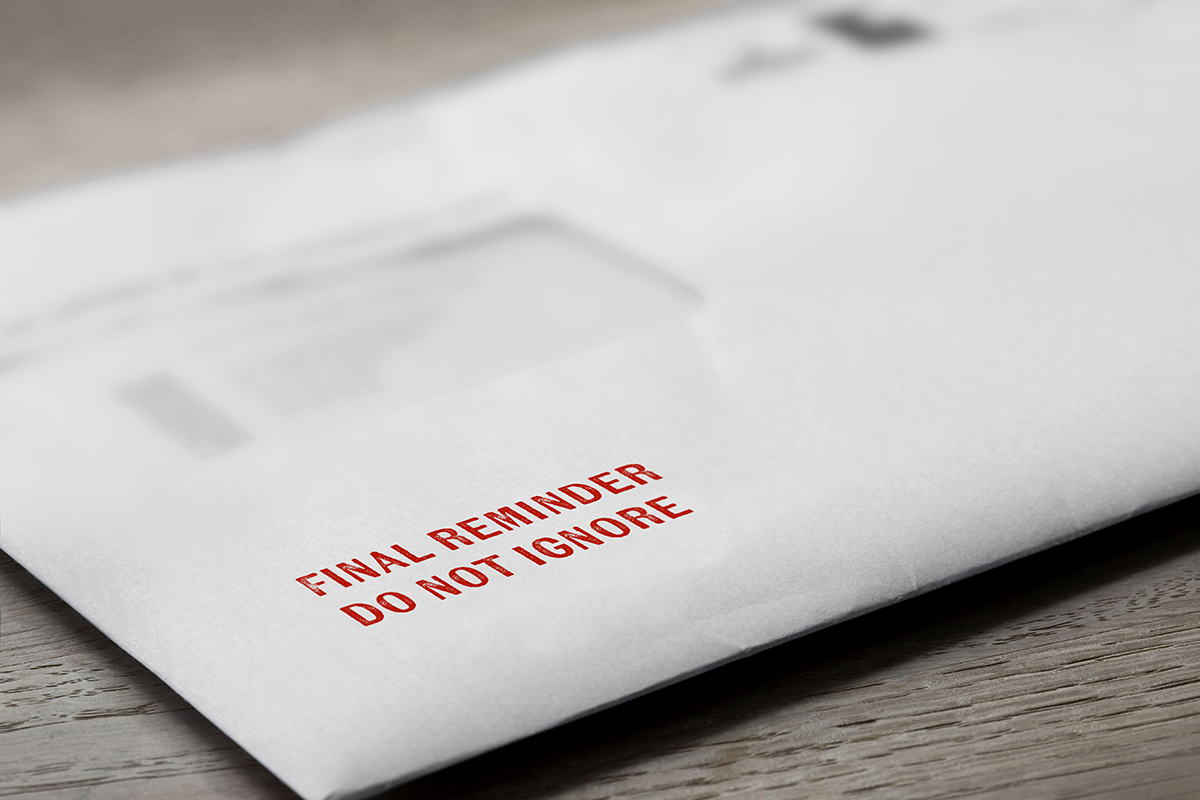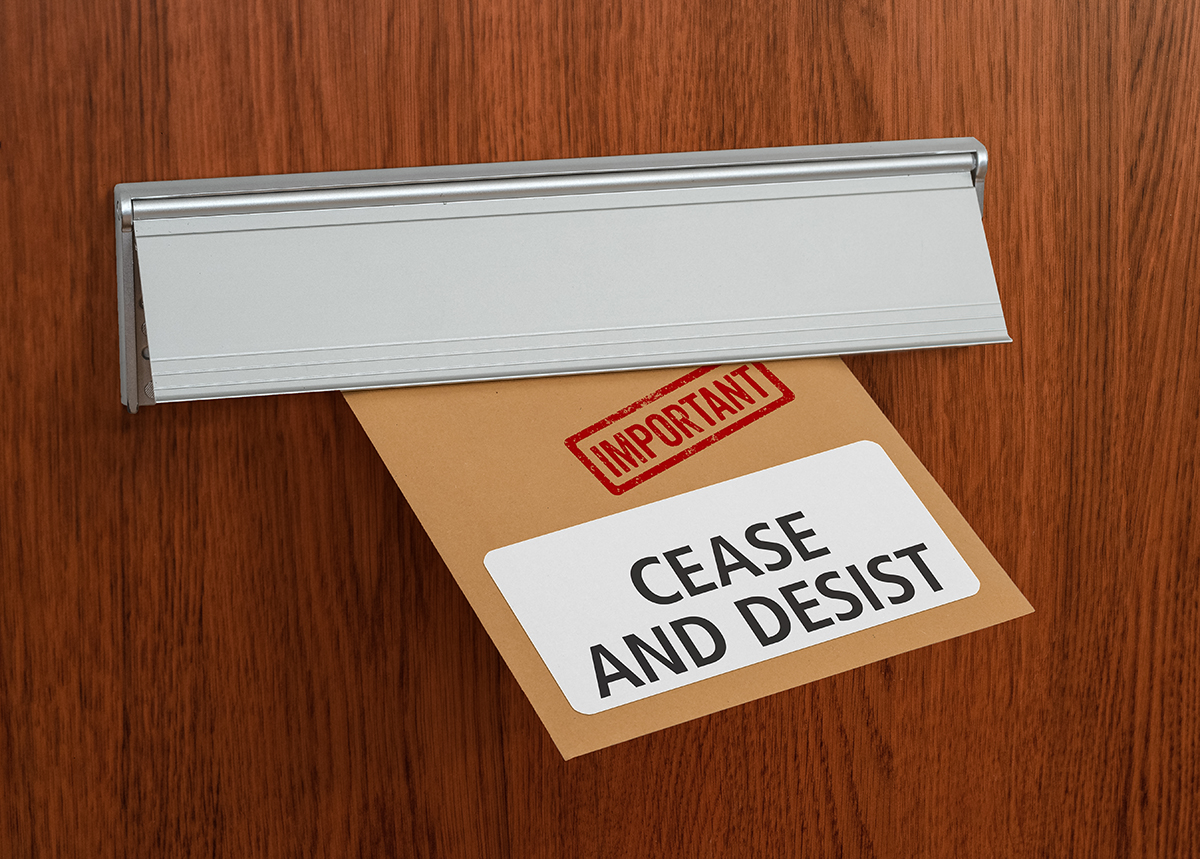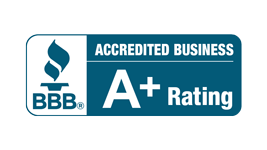Ohio Collections Harassment
Getting endless calls from debt collectors can be overwhelming and stressful. It’s not just about the debt, but about feeling trapped and losing your peace of mind. No one should have to deal with threats or bullying over unpaid bills.
If you’re facing relentless debt collection tactics in Ohio, knowing you have rights and options is necessary.
What Constitutes Collections Harassment?
Understanding what qualifies as harassment is key to recognizing when a debt collector has crossed the line. Here are some detailed examples of unlawful collection practices:
These behaviors are not only unethical but often illegal under laws such as the Fair Debt Collection Practices Act (FDCPA). Recognizing them is the first step toward protecting your rights.
Repeated or Late-Night Calls:
- Calling you multiple times a day to pressure you into payment.
- Contacting you at inconvenient times, such as early in the morning or late at night.
- Ignoring requests to stop calling or to communicate only in writing.
Threatening Language or Behavior:
- Using abusive or obscene language during communication.
- Threatening physical harm, arrest, or legal action without basis.
- Intimidating you by claiming to have legal authority that they don’t possess.
False Claims About Debts:
- Lying about the amount you owe.
- Falsely stating that legal action has been taken or will be taken.
- Misrepresenting themselves as attorneys or government officials to scare you into paying.
Contacting Friends, Family, or Employers:
- Discuss your debt with people other than you or your attorney.
- Contacting your employer in an attempt to pressure you into payment.
- Repeatedly reaching out to friends or family under the guise of locating you.

Legal Protections Against Harassment By Debt Collectors
If you’re facing harassment from debt collectors, know that there are laws in place to protect you. Here are some of the legal protections to be aware of:
Fair Debt Collection Practices Act (FDCPA)
Applies to third-party debt collectors (not original creditors). Prohibits abusive, deceptive, or unfair collection practices. Key Rights Under the FDCPA:
- Debt collectors cannot call before 8 a.m. or after 9 p.m. without your consent.
- You have the right to request verification of the debt.
- Collectors cannot threaten violence, use profane language, or misrepresent the debt.
Telephone Consumer Protection Act (TCPA)
TCPA limits the use of auto-dialing and pre-recorded messages.
- Requires collectors to obtain your consent for calls to your cell phone.
- You can file a complaint and seek damages for violations.
Ohio State Consumer Protection Laws
Ohio has additional state laws that reinforce consumer rights.
- These laws may impose stricter guidelines on debt collectors operating in the state.
- The Ohio Consumer Sales Practices Act protects against deceptive debt collection practices.
Your Right to Cease Communication
Under the FDCPA, you can send a written request asking the collector to stop all communication.
- Once received, they can only contact you to confirm the cessation or notify you of legal action.
Right to Legal Action
- If a debt collector violates your rights, you can file a complaint with the Federal Trade Commission (FTC), the Consumer Financial Protection Bureau (CFPB), or take legal action to recover damages.

Steps to Handle Collections Harassment
Dealing with aggressive debt collection tactics can be overwhelming and stressful. No one deserves to be threatened, intimidated, or constantly badgered about their financial situation.
1. Document All Communication
Keep a detailed log of calls, messages, and letters from the debt collector.
- Record the date, time, and content of the communication.
- Save voicemails, screenshots of text messages, and copies of any written correspondence.
- This documentation can serve as critical evidence if you need to file a complaint or pursue legal action.
2. Request a Debt Validation Letter
Collectors are required to provide proof of the debt under the FDCPA.
- Within 30 days of the initial contact, request a written validation letter to confirm:
- The amount of the debt
- The creditor’s name
- Your rights to dispute the debt
- Send the request via certified mail with a return receipt to have proof of your request.
3. Send a Cease and Desist Letter
Draft a clear and professional letter asking the collector to stop contacting you.
- Include your name, account information (if applicable), and a firm request for cessation.
- Send the letter via certified mail with a return receipt.
- Keep a copy for your records as evidence.
4. Consider Legal Action
If the harassment persists or causes significant distress, consult a consumer protection attorney.
- An attorney can help you:
- File a lawsuit under the FDCPA or Ohio state laws
- Seek damages, including compensation for emotional distress and legal fees
- Negotiate with debt collectors on your behalf
- You may be eligible for statutory damages of up to $1,000, plus additional compensation for violations.
By taking these steps, you can regain control of the situation and protect yourself from unlawful harassment.
How to Prevent Further Harassment in Ohio
Once you’ve addressed collections harassment in Ohio, it’s necessary to implement strategies that protect you from future harassment. Ohio law provides specific protections for consumers, and by knowing your rights and managing communication with debt collectors effectively, you can safeguard yourself from ongoing harassment.
Here are some Ohio-specific best practices for managing debt collector communications and handling your debts:
Set Clear Communication Boundaries:
In Ohio, debt collectors are required to respect your preferred communication methods. If you prefer to be contacted only by mail or during specific hours, inform the collector in writing. Clear boundaries help reduce repeated or unwanted contact.
Request Written Communication:
Ohio law allows you to request that all communication with debt collectors be in writing. This ensures that you have a record of all interactions and prevents collectors from making false claims. Always ask for written confirmation of any agreements or claims made during phone conversations.
Know When to Negotiate or Settle Debt:
Ohio debt collectors may offer you the opportunity to settle your debt for less than what is owed. Before agreeing to any settlement, understand how it will impact your credit and financial standing. Be sure to get any settlement agreements in writing and confirm that they’ll be reported to credit bureaus as “paid in full.”
Monitor Your Credit Reports:
In Ohio, as in all states, you’re entitled to a free credit report once a year from each of the three major credit reporting agencies (Equifax, Experian, and TransUnion). Regularly checking your reports ensures that any settled or paid debts are accurately reflected and that no fraudulent debts are being reported.

File Complaints with Ohio Authorities:
If you experience continued harassment after taking the necessary steps, you can file a complaint with the Ohio Attorney General’s Office. Ohio’s consumer protection laws allow you to report violations of the Fair Debt Collection Practices Act (FDCPA), and they may take action on your behalf.
Seek Legal Advice in Ohio:
If you feel your rights are being violated, consider consulting a consumer protection attorney in Ohio. They can help you understand your legal options, guide you through debt resolution, and determine if you’re entitled to compensation for harassment.
Dealing with collections harassment in Ohio can be overwhelming, but you have the power to stop it and regain control of your financial life.
By understanding your rights under both federal and Ohio state law, documenting communications, and taking the right legal steps, you can protect yourself from unfair practices and ensure that debt collectors follow the rules.
Remember, you don’t have to face this alone. If you are facing harassment from collection agencies in Ohio, book a free consultation with the Richard West Law Offices.



